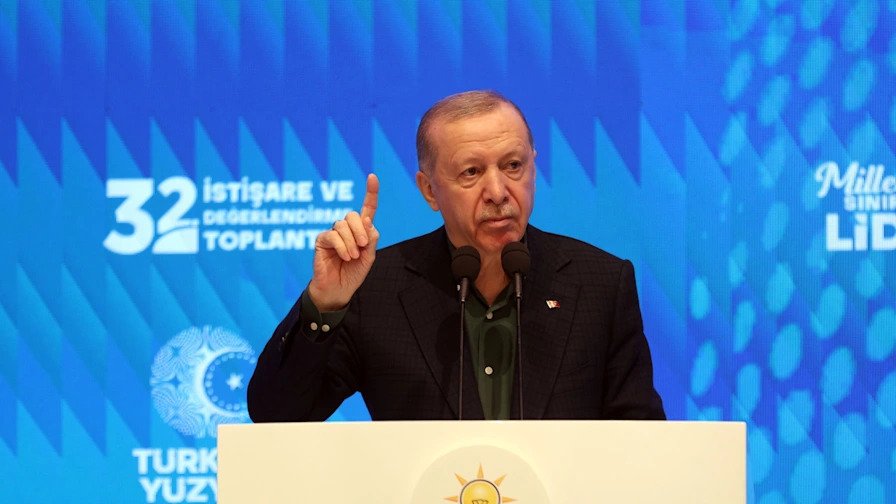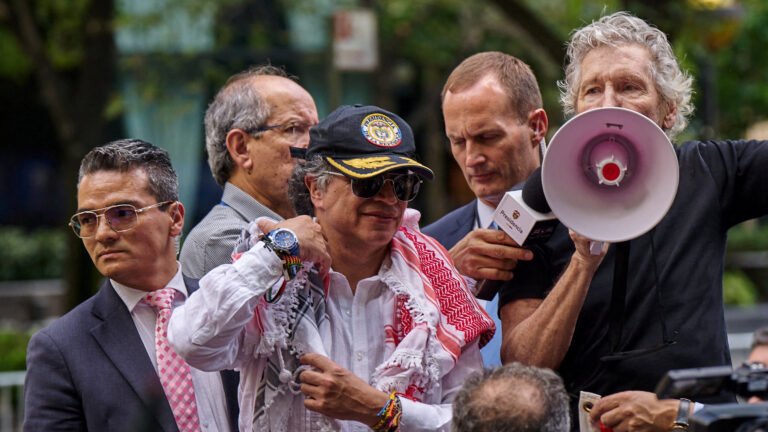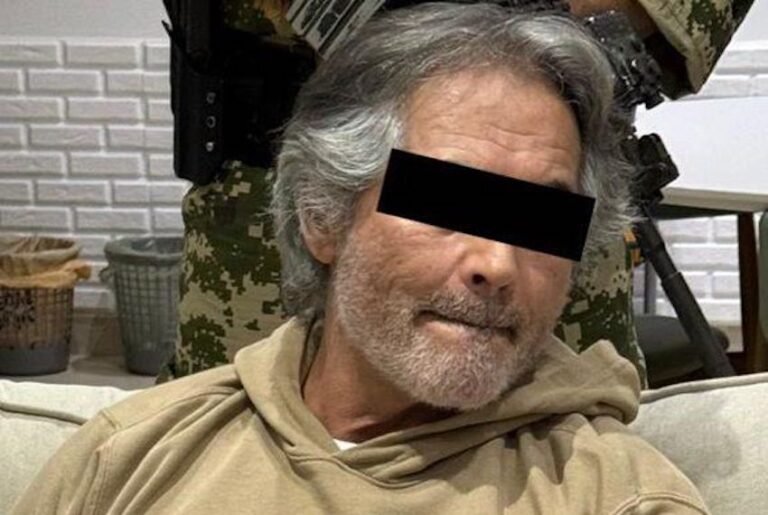Brazil’s Foreign Minister Mauro Vieira described as an “interference in internal affairs” the international requests and pressure – including those of the United States Government – to release former President Jair Bolsonaro, sentenced to more than 27 years in prison for attempted coup, as “interference in internal affairs” during an interview with CNN.
Vieira pointed out that President Lula da Silva has no authority to intervene in decisions of the judiciary, which, he recalled, is totally independent. Talking about the trial of the former president and asking for his release for any reason is interference in internal affairs. It is impossible for President Lula to do something about it, because the three powers of the Brazilian government are independent, he said.
Meanwhile, Bolsonaro’s defense is already ahead of it, and that will appeal the decision of the Supreme Federal Court, including to international bodies. In a statement, the lawyers described the sentence as “absurdly excessive and disproportionate,” and assured that they will file an appeal after reviewing the judgment.
Vieira’s statements come in a context of growing diplomatic tension, marked by the comments of President Donald Trump, who took an openly critical stance on Bolsonaro’s trial, calling it a witch hunt, and even imposed a 50 percent tariff on Brazil as a measure of pressure to end the judicial process.
After the 70-year-old former president’s sentence was heard, Trump compared his situation to the judicial processes he himself faces in the United States, stating that both are victims of political persecution. Lula responded firmly: This country is an example of how democracy is practiced.
U.S. Secretary of State Marco Rubio described the verdict as “unfair” in X and stated that the United States will respond accordingly to this witch hunt.
While sectors of the right in both Brazil and the United States insist on the need for amnesty for Bolsonaro. In contrast, in several Brazilian cities, the streets have been divided between supporters demanding their release and protesters who reject any possibility of pardon.
Tariffs are a clearly political decision.
Vieira also referred to the recent increase in tariffs imposed by the United States on Brazilian products, which he described as a decision, clearly political.
According to the chancellor, a senior State Department official reportedly acknowledged to Brazilian businessmen that the measures did not respond to commercial reasons, and urged them to lobby inside Brazil.
There is no reason, a trade base for tariffs, Vieira said, noting that Brazil has a trade deficit with the US of $25 billion annually, and also applies lower tariffs on U.S. products than those imposed on Brazilian exports.
Of the top ten export products from the United States to Brazil, eight enter without any tariff, and the average tariff we apply is only 0.7%, compared to 3.4% that the US applies to Brazilian products, he explained.
Vieira emphasized that Brazil is open to dialogue and trade negotiations, but warned that, in the face of possible new economic sanctions under the Trump administration, the country could implement its new Trade Reciprocity Act.
According to the chancellor, the recently adopted regulation authorizes the Executive to impose tariffs on countries using trade measures, as an instrument of trade or of any other nature.
“We are a country of dialogue, and we want to maintain dialogue with the United States, and he (Bolsonaro) is convicted and will serve his sentence. No one can negotiate about that. It’s in the hands of justice, and there’s nothing we can do,” the foreign minister reiterated.
Reflecting the growing concern about the economic impact of this trade tension, the Brazilian government reduced its growth forecast for 2025 from 2.5 percent to 2.3 percent, citing high interest rates as factors and the possible negative effects of tariffs imposed by the United States.













